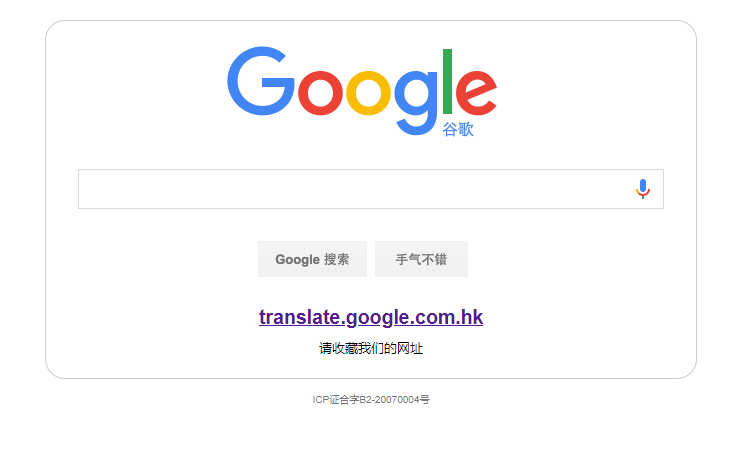Google Appears to Have Disabled Google Translate in Parts of China - Latest Tweet by TechCrunch
Update September 30, 2022, 6:48 PM ET: A Google spokesperson told TechCrunch via email that the company has discontinued Google Translate in mainland China “due to low usage.” Perhaps there were ulterior motives, but it’s likely there’s some truth to the statement — in China, Google services usage is a sliver of that of homegrown tech giants like Baidu and Alibaba.

Here is the original story.
Google appears to have blocked access to Google Translate in some regions of China, sending users to a site in Hong Kong that is inaccessible from the Chinese mainland. Google replaced the Google Translate interface at translate.google.cn with a standard Google Search page at some point during the previous 24 hours, according to Reddit users and site archives viewed by TechCrunch.
According to reports, the modification has an effect on Chrome's integrated translation capability as well as the translation capabilities of apps like the document viewer KOReader for users in China. A request for comment from Google has gone unanswered; if we get a response, we'll update this article.
Google and the Chinese government have had a protracted and difficult relationship. The business entered the Chinese market in 2006 with a censorship-restricted version of its search engine. However, in reaction to YouTube footage depicting Chinese security forces abusing Tibetans and government-ordered blocks on Google services, Google shut down Google Search in the mainland and momentarily diverted searches to its unfiltered Hong Kong domain.
As part of a project code-named Dragonfly, Google reportedly considered relaunching Google Search in China in 2018 and 2019. This initiative would have restricted results and tracked users' whereabouts as well as their web surfing histories. But those ideas were abandoned as a result of disputes within Google, which were instigated by the firm's privacy team, according to The Intercept.
In 2020, Google announced that it would not directly respond to data requests from Hong Kong law enforcement and would instead require them to go through a mutual legal assistance treaty with the U.S. This was in response to the passage of a national security law in Hong Kong that gave local authorities significantly increased surveillance powers.
If it's not a technical problem, the approaching National Congress of the Chinese Communist Party, which happens on October 16, could be connected to Google Translate's deactivation in a large portion of the mainland. Around significant political occasions and politically sensitive anniversaries like those of the Tiananmen Square massacre, the Chinese government has in the past restricted Google services.



